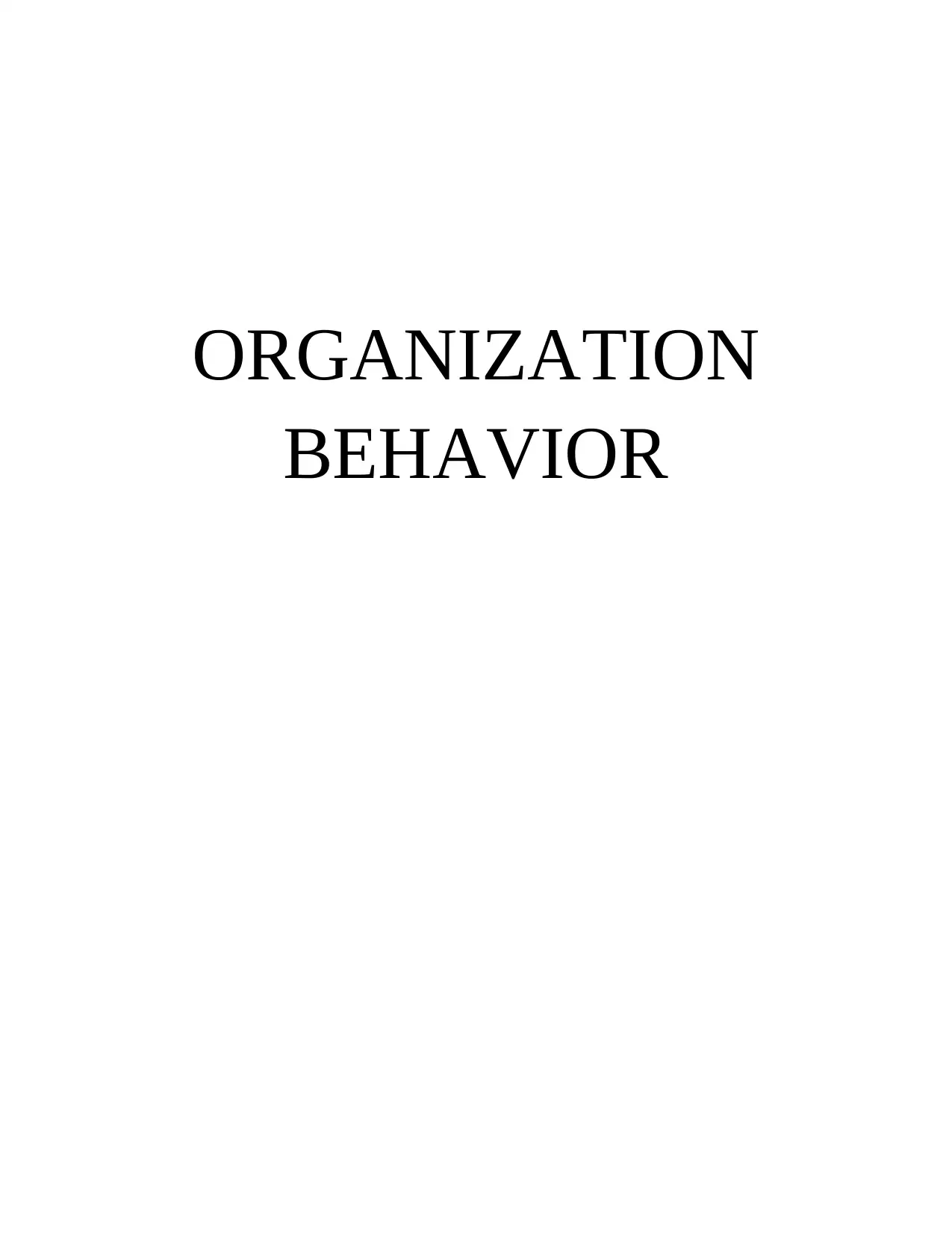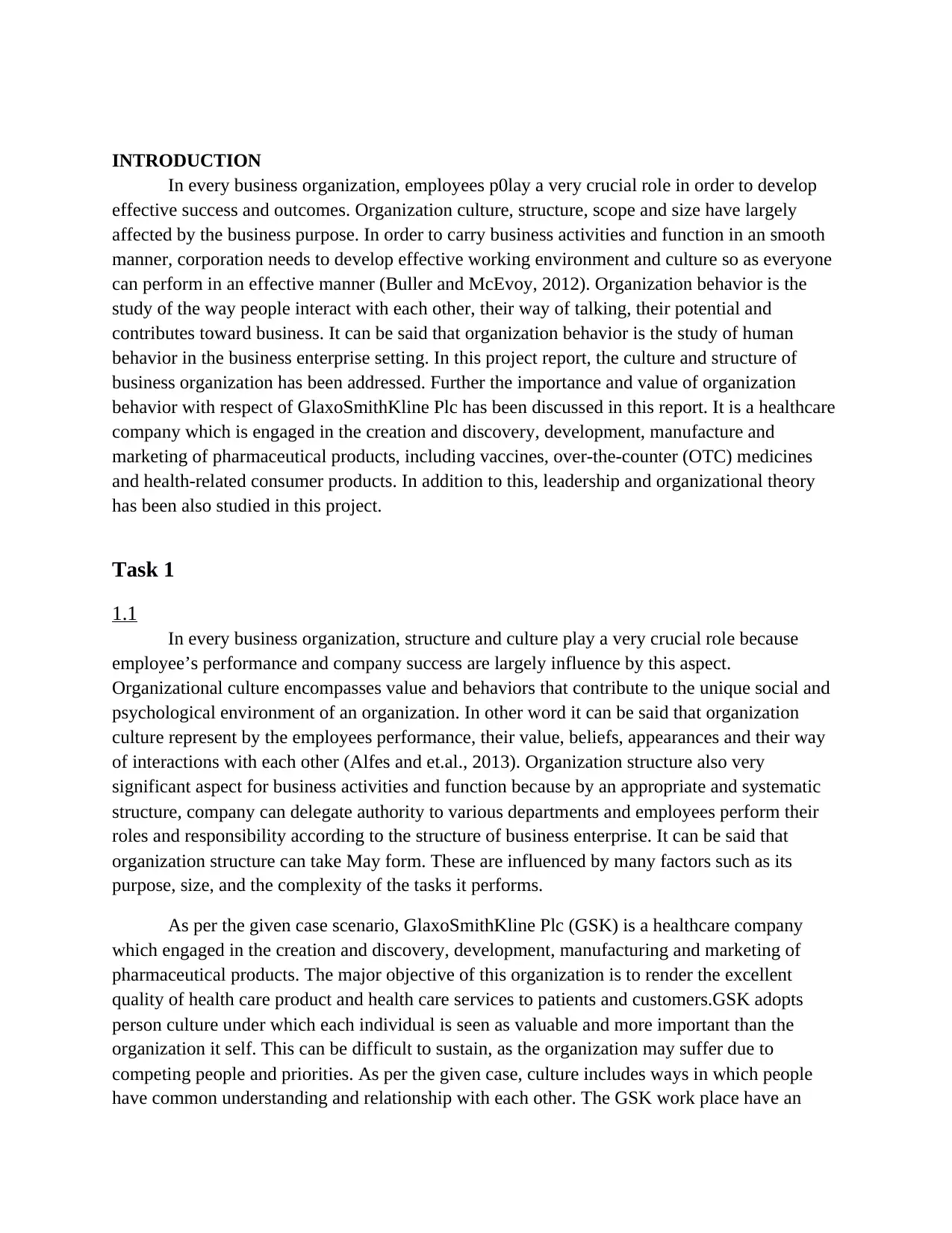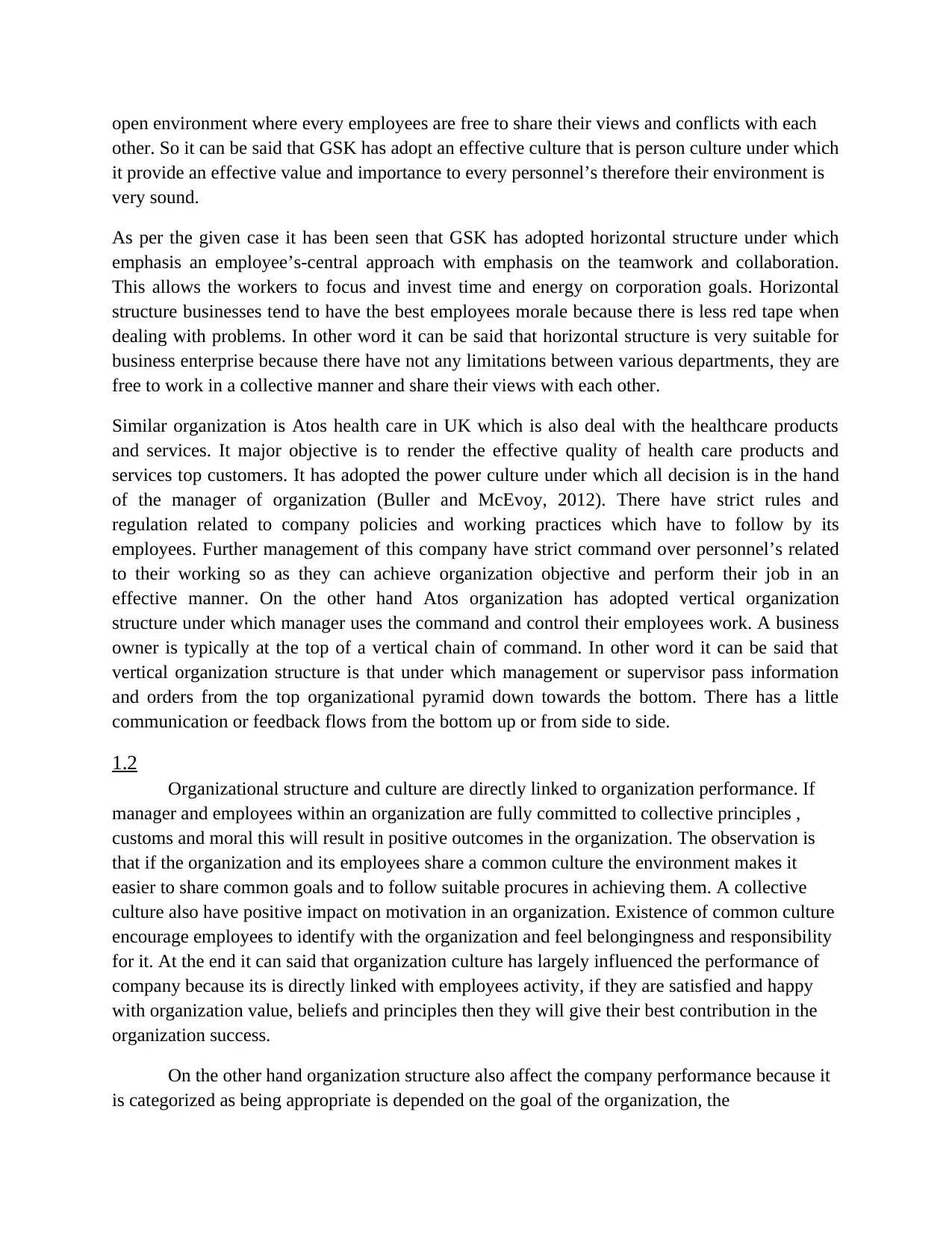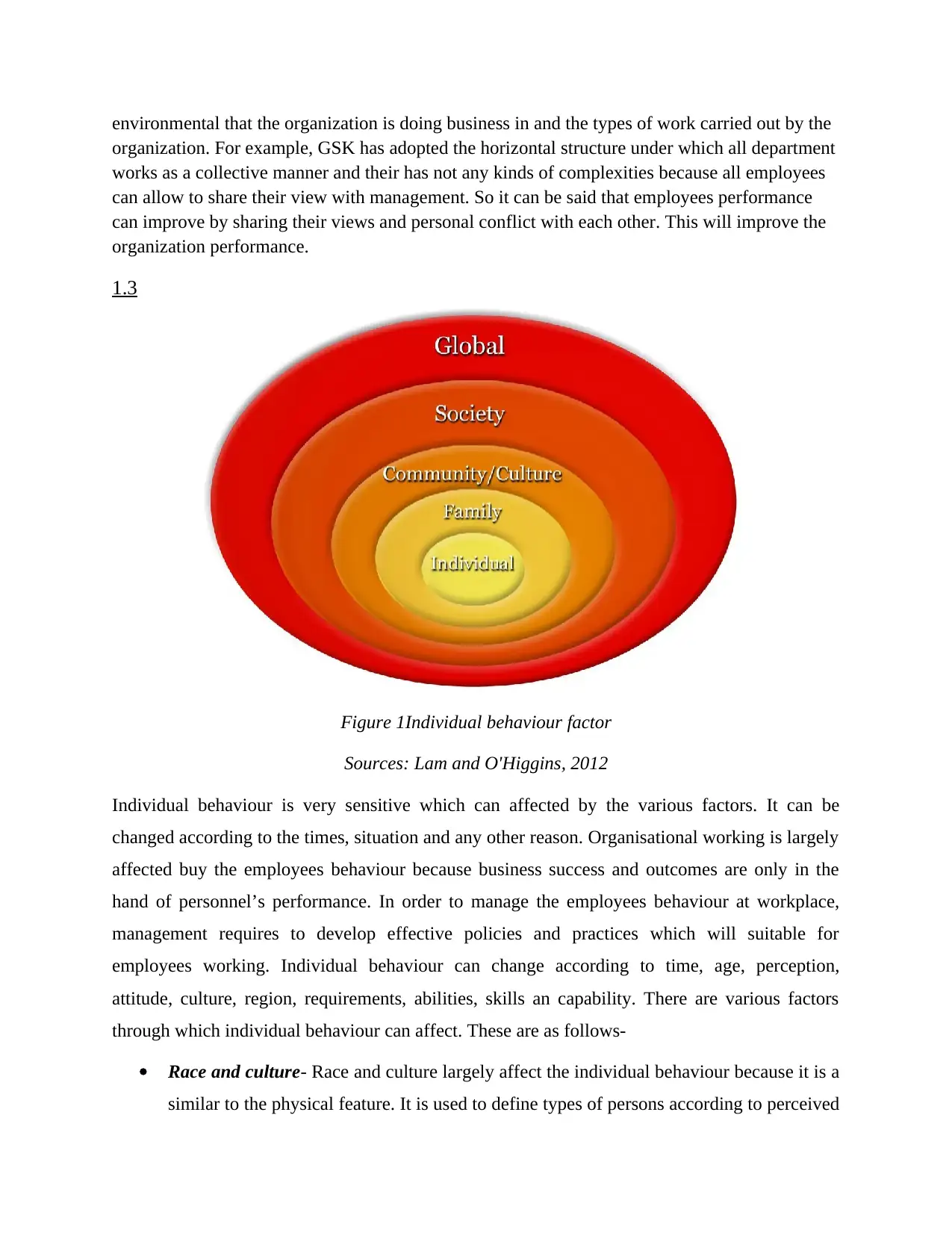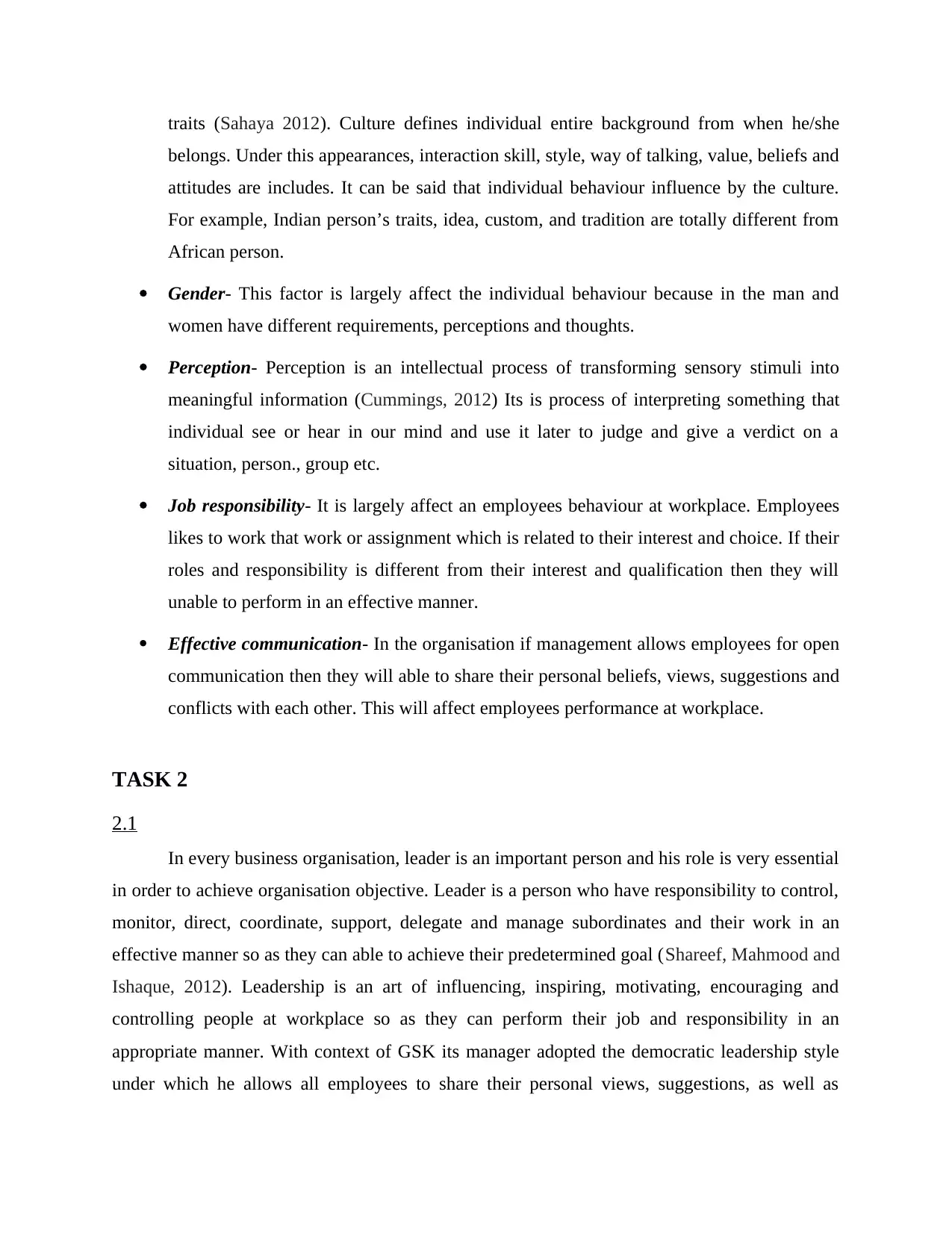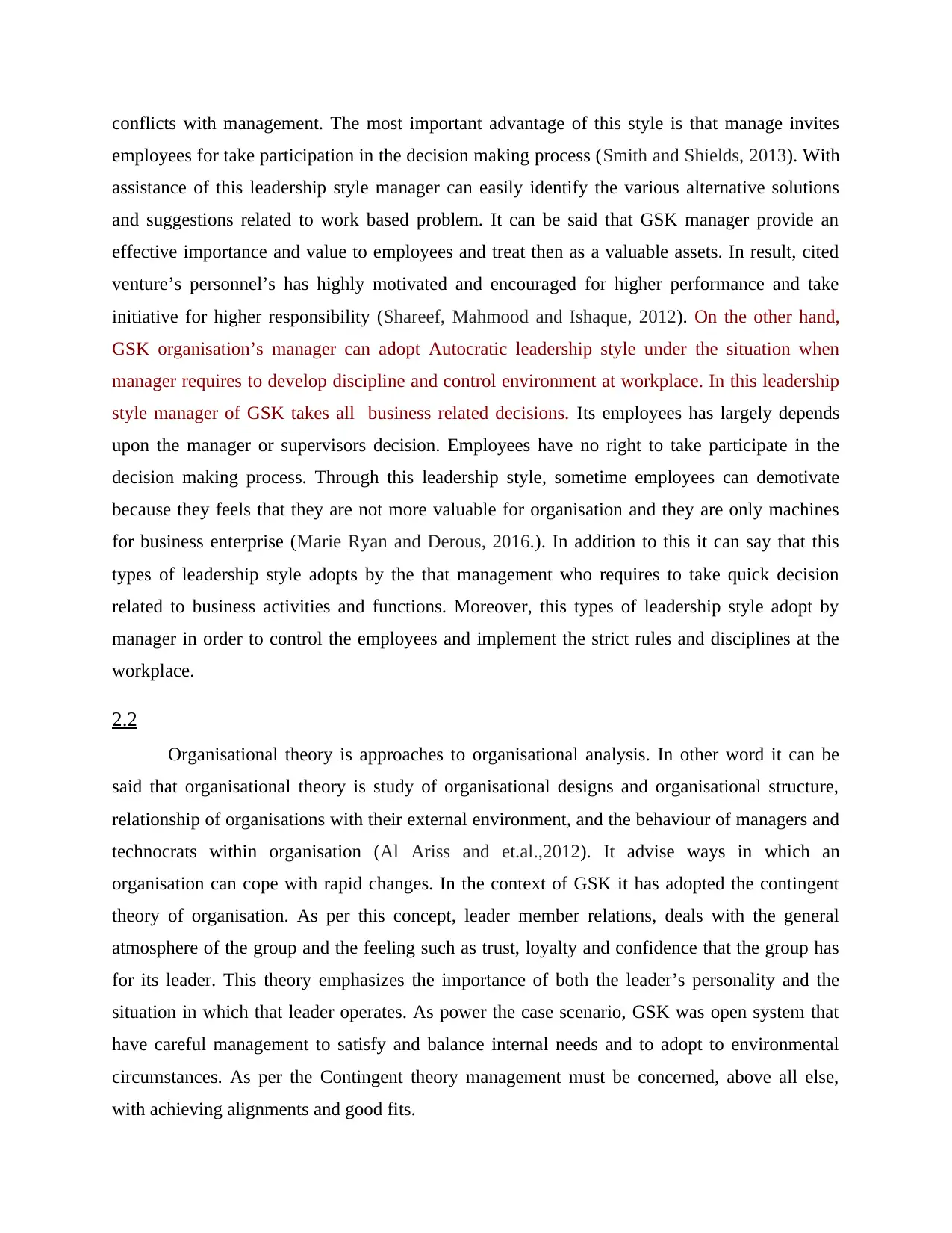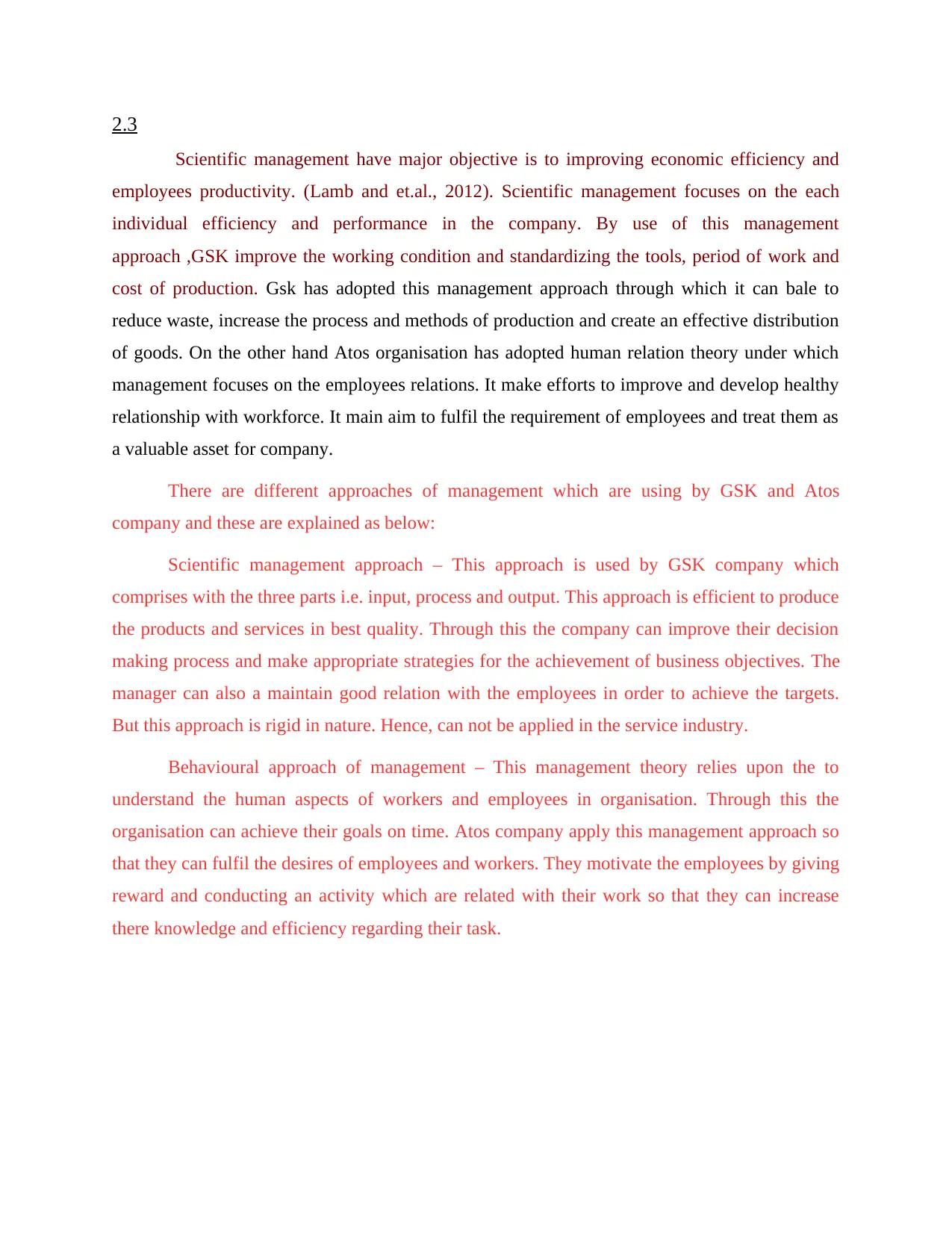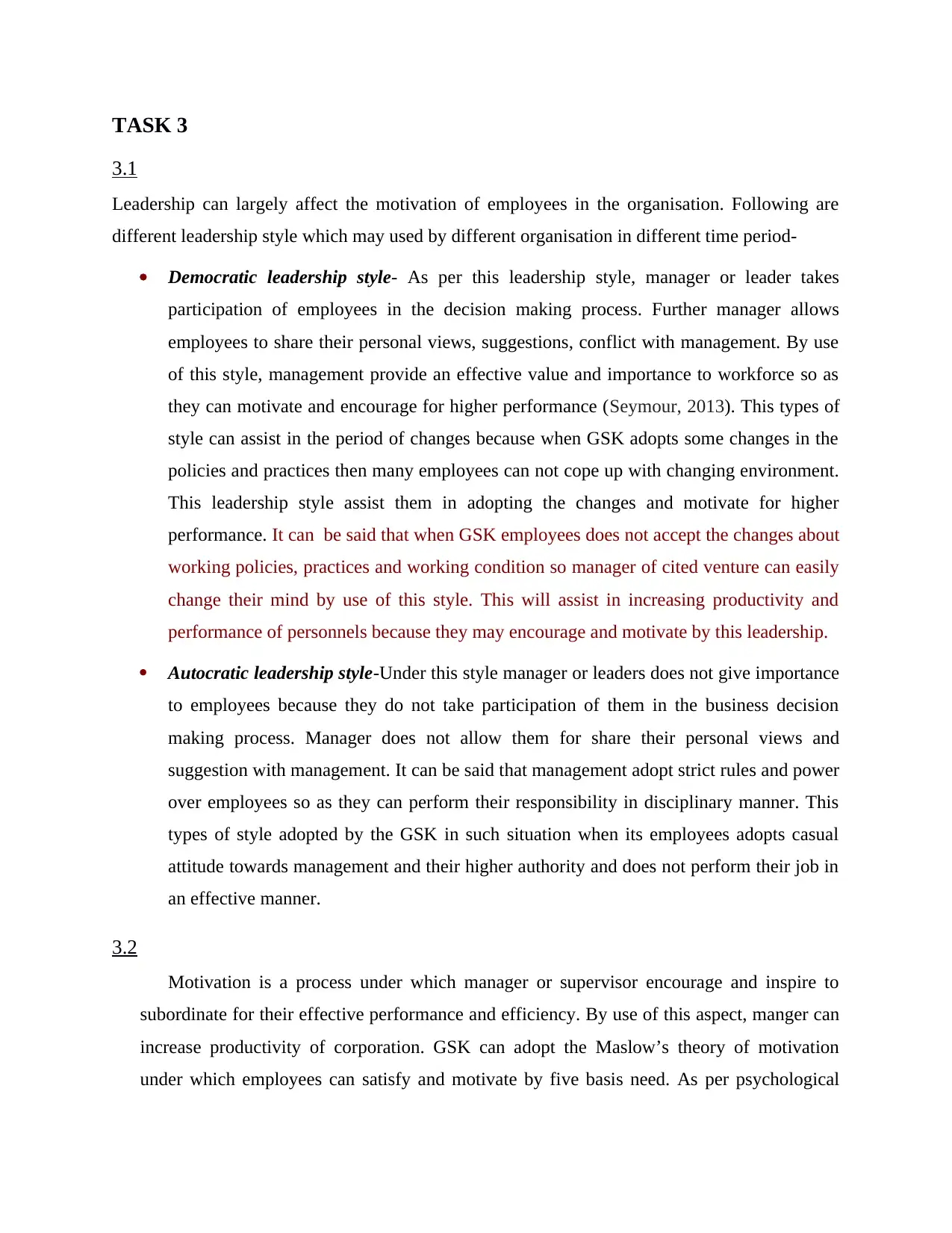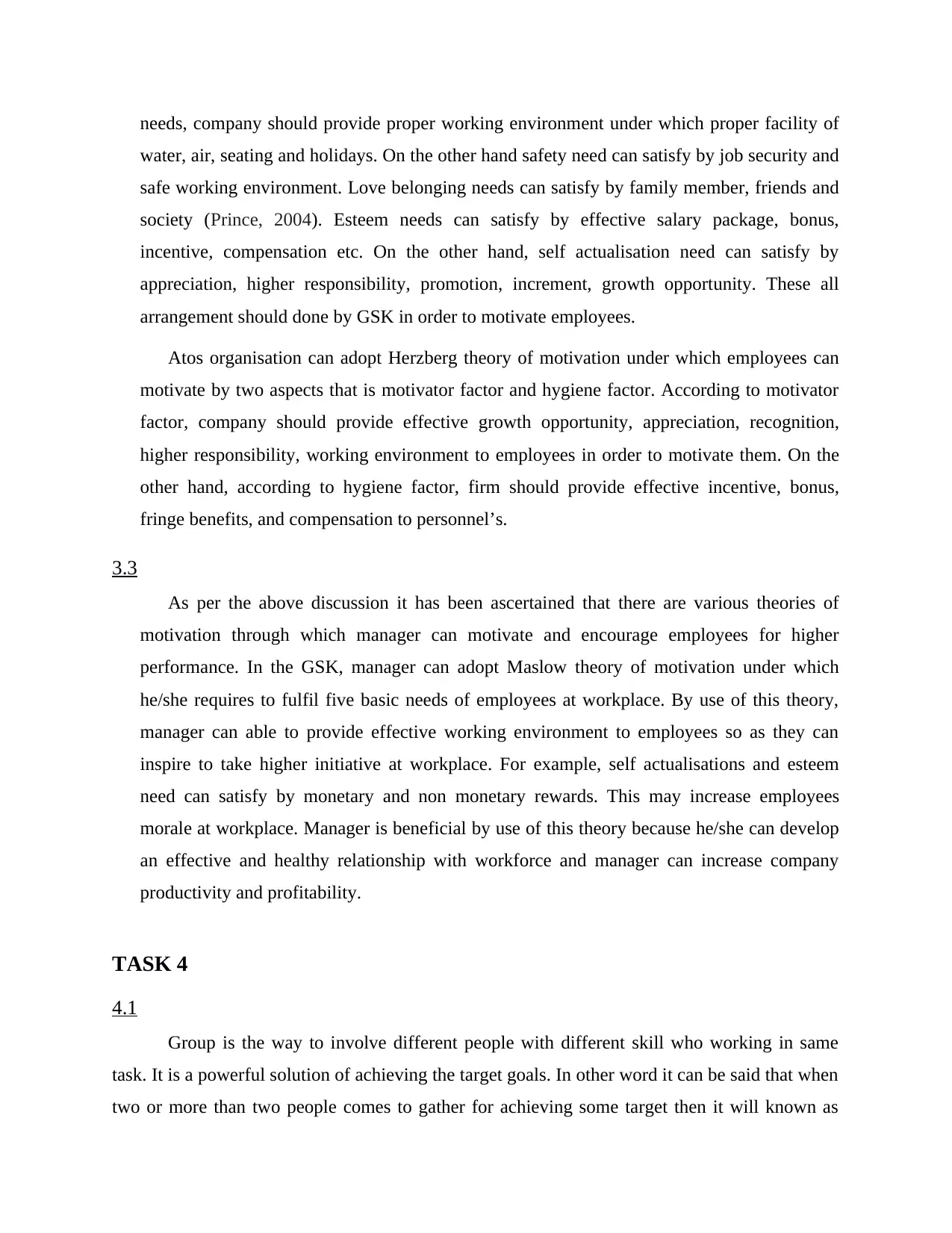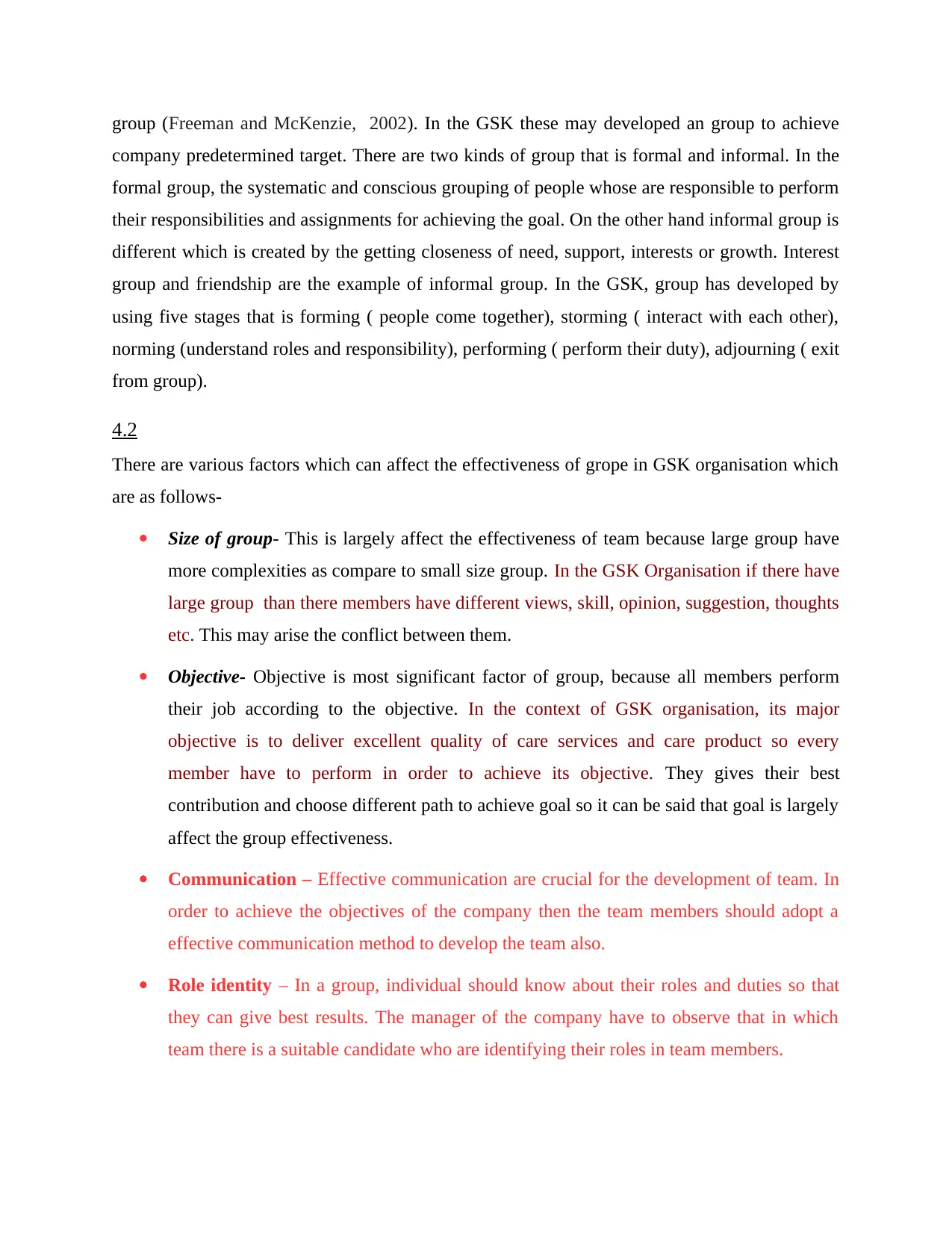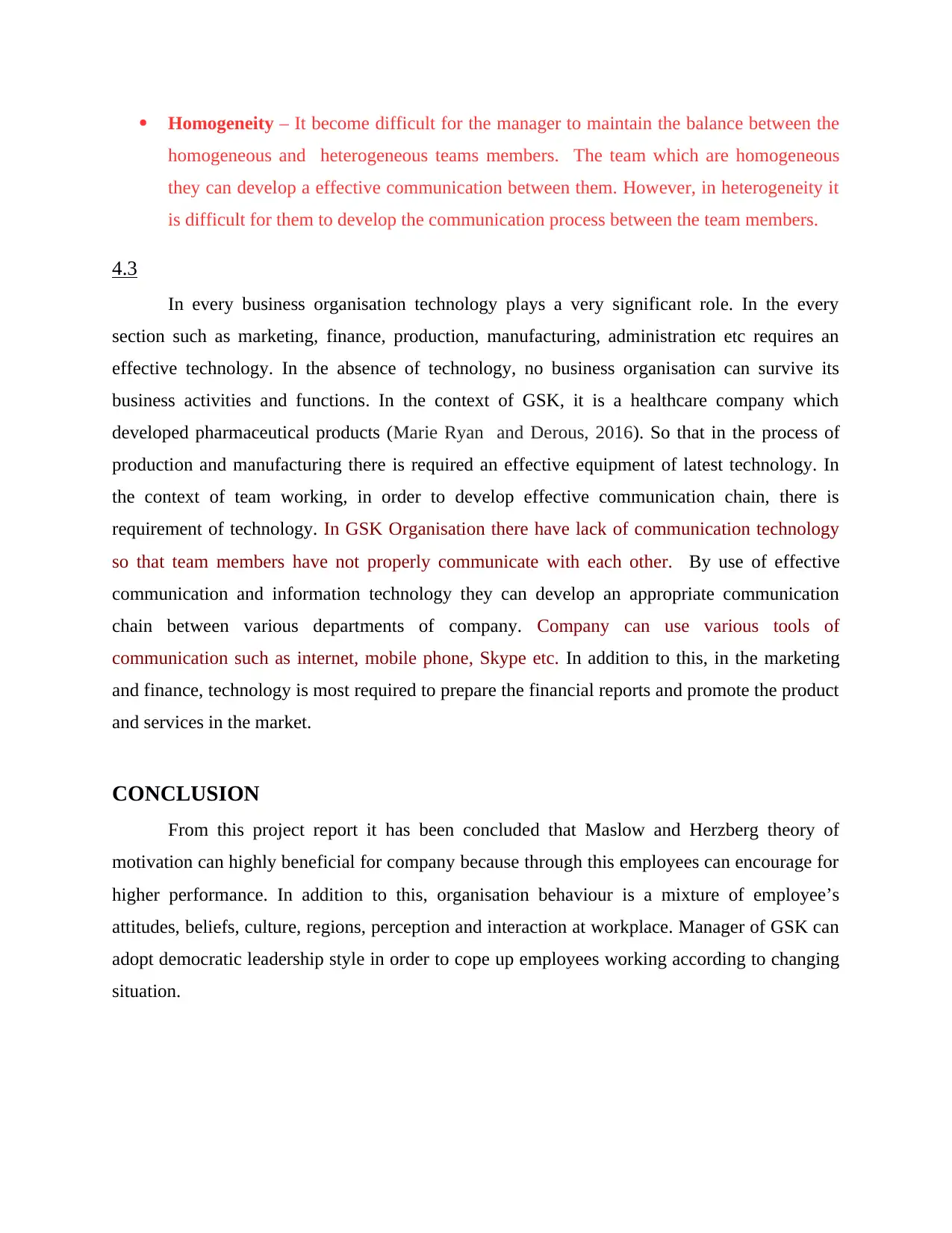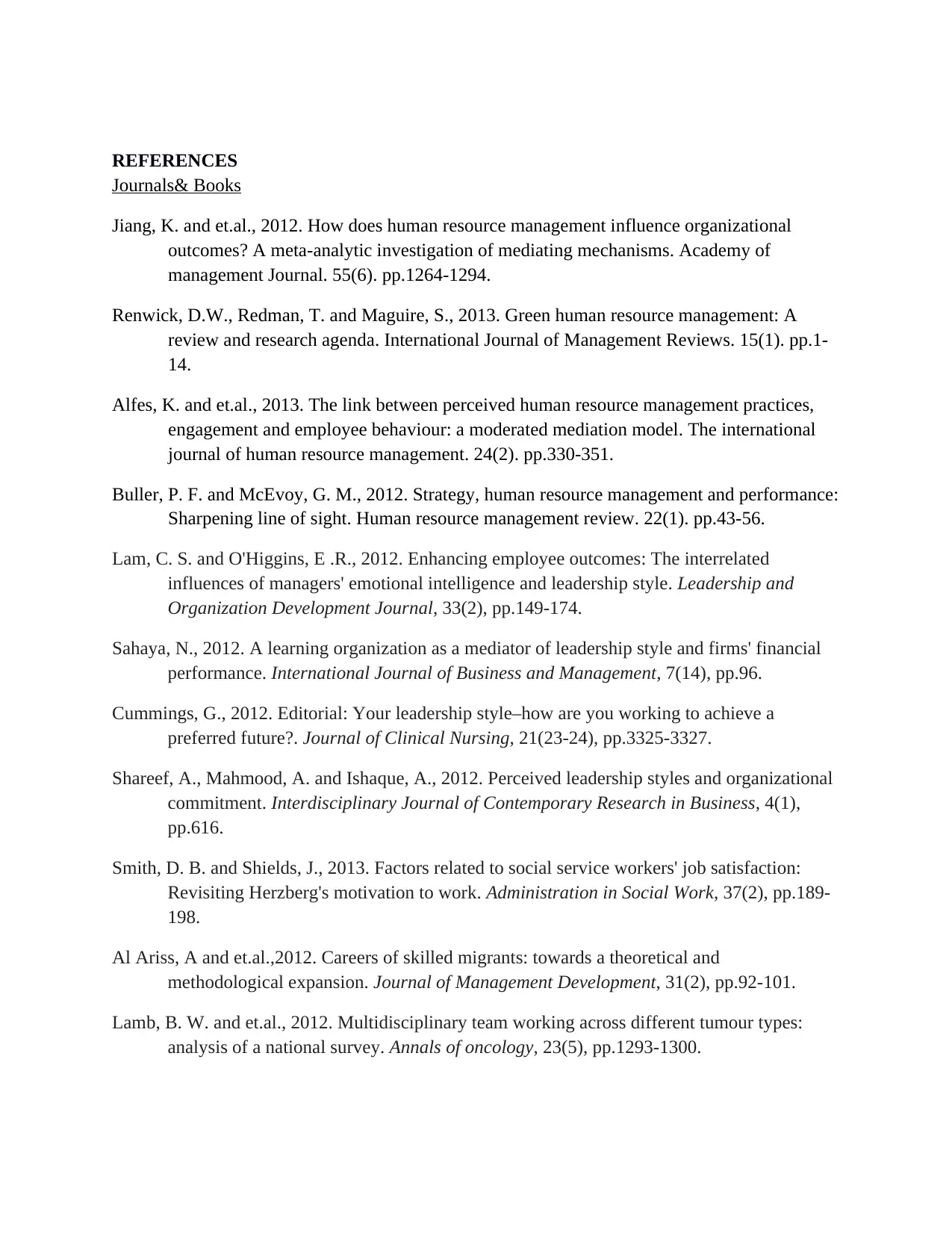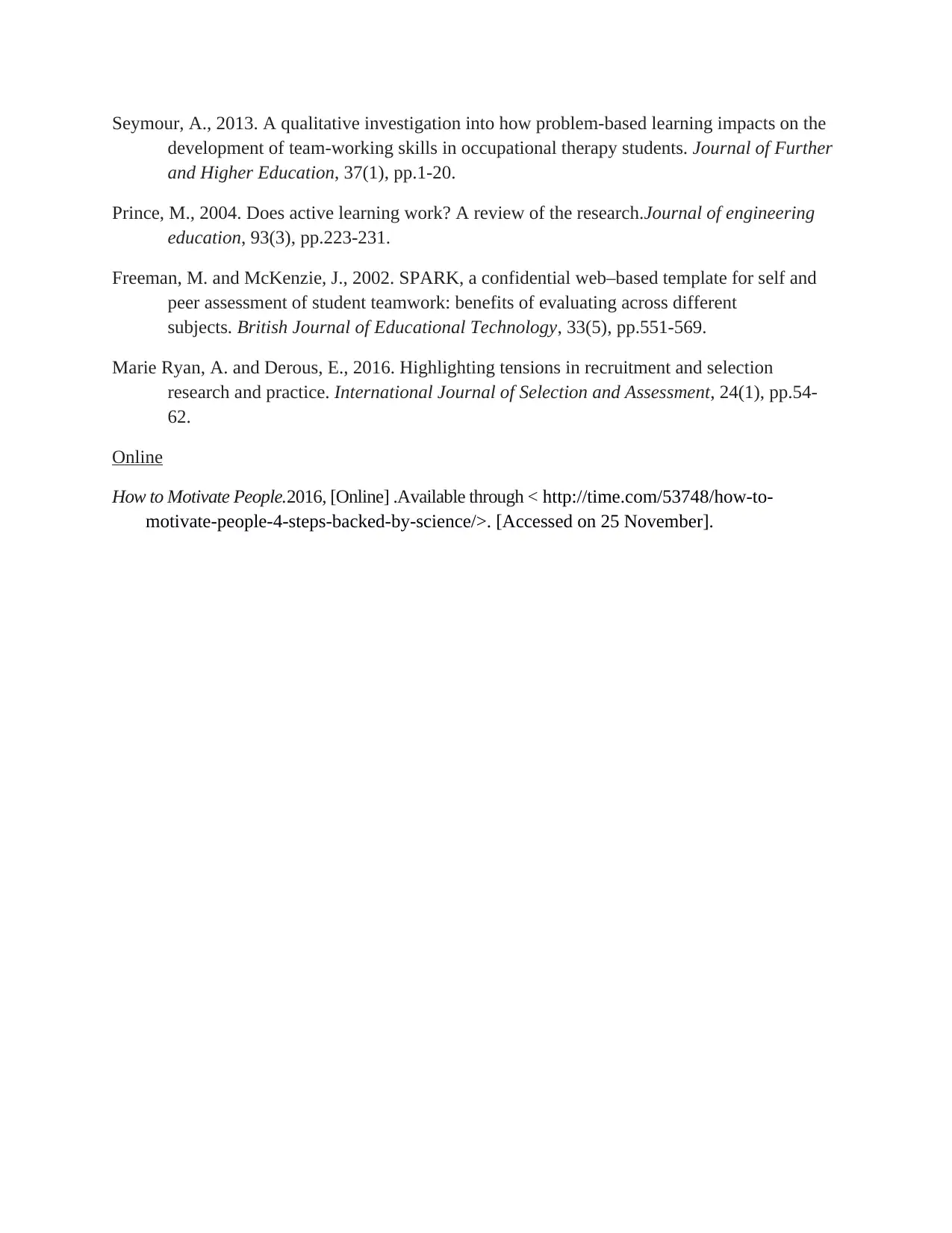Employee attitudes, beliefs, culture, regions, perception, and interaction at the workplace are crucial factors that managers must consider to ensure effective leadership. In today's rapidly changing environment, it is essential for managers to adopt a democratic leadership style, which allows employees to have a sense of ownership and engagement. This approach can foster a positive work culture, promote collaboration, and encourage creativity. Furthermore, research suggests that perceived human resource management practices, emotional intelligence, and leadership style can influence employee outcomes such as job satisfaction, commitment, and behavior. The study also highlights the importance of recognizing the diverse needs and preferences of employees from different regions and cultures, which can be achieved through inclusive leadership practices. Overall, adopting a democratic leadership style, leveraging HRM best practices, and fostering an inclusive work culture are essential for managers to create a positive and productive work environment.
![[object Object]](/_next/static/media/star-bottom.7253800d.svg)
![[object Object]](/_next/static/media/star-bottom.7253800d.svg)
